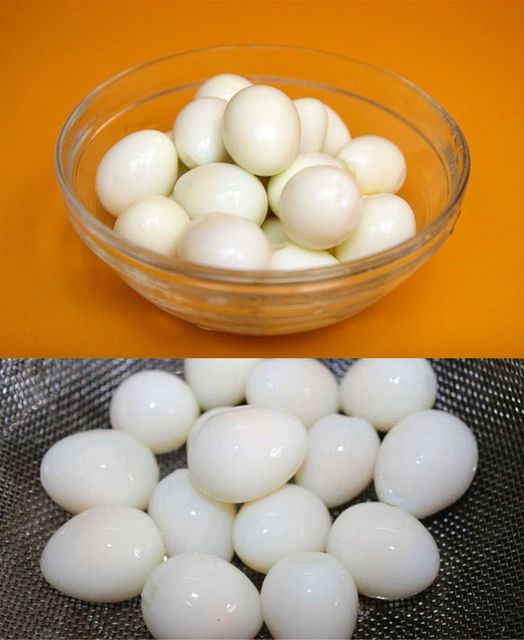Once defrosted, the eggs should be used in cooked dishes, as they may not have the same raw texture as fresh eggs. Thorough cooking ensures that any potential bacteria present after defrosting are eliminated.
Additional Egg Storage Tips
For those who still prefer to store eggs in the fridge, here are some guidelines for maximizing their shelf life:
Whole Eggs: Whole eggs can stay fresh in the refrigerator for up to three weeks. If left at room temperature, they should be used within two weeks.
Separated Egg Whites: In the fridge, egg whites can last up to three weeks when stored in an airtight container.
Egg Yolks: Separated yolks, on the other hand, should be used within three days if stored in the fridge. To extend their shelf life, cover them with water or oil in an airtight container.
Conclusion: A Long-Term Solution for Fresh Eggs
Freezing eggs is an effective, long-term solution that can keep them fresh for up to a year. Whether you want to prevent food waste, ensure you always have eggs on hand, or simply make the most out of a surplus of eggs, freezing is a method worth considering. It’s a smart option for the forgetful, and it offers the convenience of having eggs available whenever you need them, without worrying about spoilage.
By following the simple steps to freeze whole eggs, egg whites, or yolks, you can preserve their nutritional value and enjoy the versatility of eggs in your cooking year-round. So, the next time you find yourself with more eggs than you can use, don’t let them go to waste—freeze them, and enjoy the benefits of this clever storage method.
